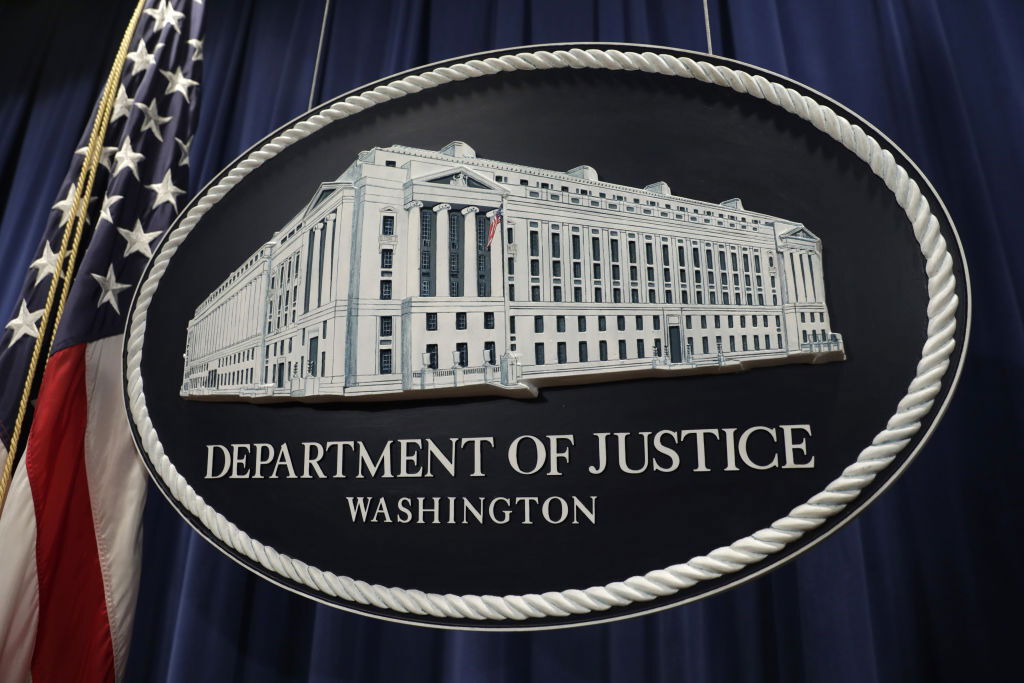A LAWYER with the U.S. Department of Justice- Environmental Enforcement Section said while there is progress, the Commonwealth Utilities Corp. is still deficient in many areas of the federal stipulated orders.
CUC, among other things, does not adequately identify, track and repair broken equipment in both its wastewater treatment and drinking water systems, attorney Elizabeth Loeb said in a status report filed in federal court.
“A significant amount of critical equipment is often inoperable and in various states of repair for months, and in many cases, for years. This includes lift station pumps and generators, vehicles, leaking water lines and water meters,” she added.
“CUC lacks adequate procedures and measures to identify equipment needing repair. For example, Stipulated Order 1 requires an [Environmental Protection Agency] approved plan and schedule to perform detection and repair of leaks in the drinking water distribution system, and to identify and eliminate subsurface connections to old drinking water lines or pipes that may negatively impact the quality of water in the distribution system.”
In 2014, Loeb said, EPA disapproved CUC’s proposed leak detection and repair program and no further progress has been made since then.
Additionally, she said the status of broken equipment is not formally tracked and repair efforts are often delayed by inefficient and lengthy procurement procedures.
Moreover, CUC has not provided an update for procurement procedures as required by SO1.
In Nov. 2008, after the EPA cited CUC for violating the Clean Water Act and the Safe Drinking Water Act, the federal court issued Stipulated Orders 1 and 2.
SO1 focuses on drinking water issues while SO2 focuses on oil issues such as requiring CUC to repair and replace oil storage and operation infrastructure, manage tank and pipeline facilities, and require spill and emergency response equipment and protocols.
Loeb said CUC “acutely lacks procedures and equipment necessary to maintain equipment and prevent failures and breakdowns.”
She added, “CUC is not performing adequate preventative maintenance on critical collections system equipment including lift station pumps, wet wells, valves and generators. Many lift stations do not have back-up pumps which are necessary to perform preventative maintenance. The lack of an effective pretreatment program to address fats, oils and grease causes system blockages and failures. CUC did not adequately correct deficiencies in the drinking water system identified by the Bureau of Environmental and Coastal Quality, which resulted in a Notice of Violation on May 19, 2021 to correct significant deficiencies. After CUC’s continued failure to install a computer-based preventative maintenance management program as required by SO1, EPA has funded a private contractor to perform the analysis required for the maintenance management program. The evaluation is currently ongoing. Additionally, CUC does not adequately update and implement its SOPs.”
Loeb noted that CUC continues to report that it is not billing customers adequately to cover the costs of service.
“CUC states that non-revenue water is approximately 63 percent, meaning only 37 percent of drinking water produced, pumped, and chlorinated by CUC is being billed to customers and generating revenue,” Loeb said.
“CUC reported it is losing approximately 200 million gallons per month of produced water. The costs associated with the lost water are passed on to paying customers. The reasons for this loss include leaks, water theft, and failed water meters. CUC failed to improve upon reducing non-revenue water volumes,” Loeb added.
She said EPA is also concerned that CUC is not maintaining 24-hour drinking water service.
Prior to SO1, she added, only 26 percent of the CNMI Saipan population experienced continuous 24-hour drinking water.
“Within five years of the entry of SO1 and with improvements funded substantially by EPA, the availability of 24-hour Saipan drinking water reached 94 percent in 2013 then fell to 73 percent in 2014 and 2015, increasing to 81 percent in 2016 through spring of 2018.”
In January 2020, she said, CUC informed EPA that “approximately 96 percent of Saipan benefits from 24-hour drinking water. However, EPA has growing concerns that 24-hour water is not being maintained in CUC service areas based on CUC’s public notices of emergency water service interruptions.”
EPA wants CUC to provide current information on the availability of 24-hour drinking water in the next status hearing, Loeb said.
Designated federal Judge Dave O. Carter will conduct a CUC status report hearing in Feb. 2022.












